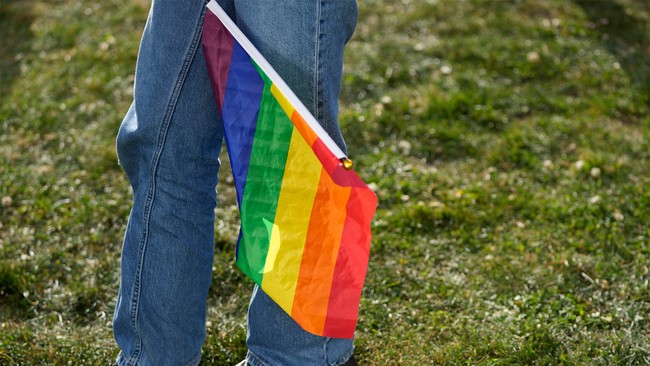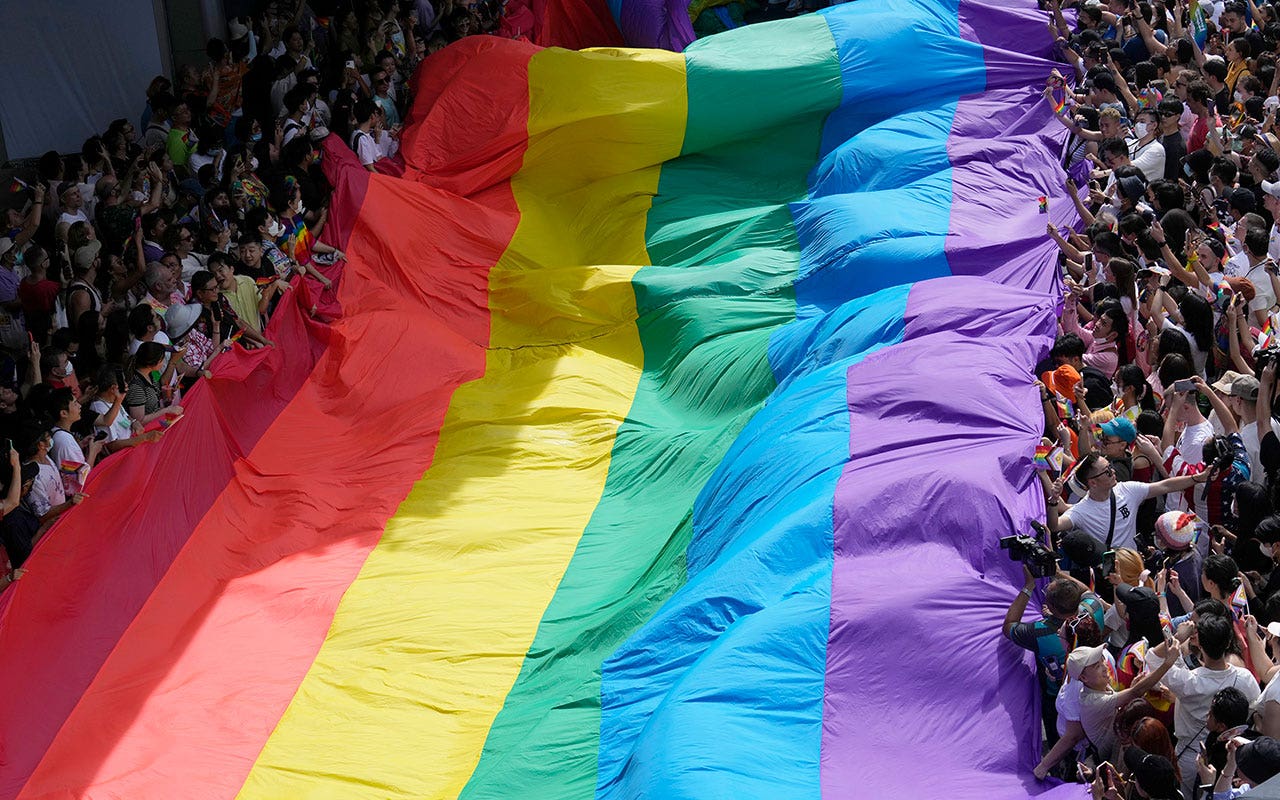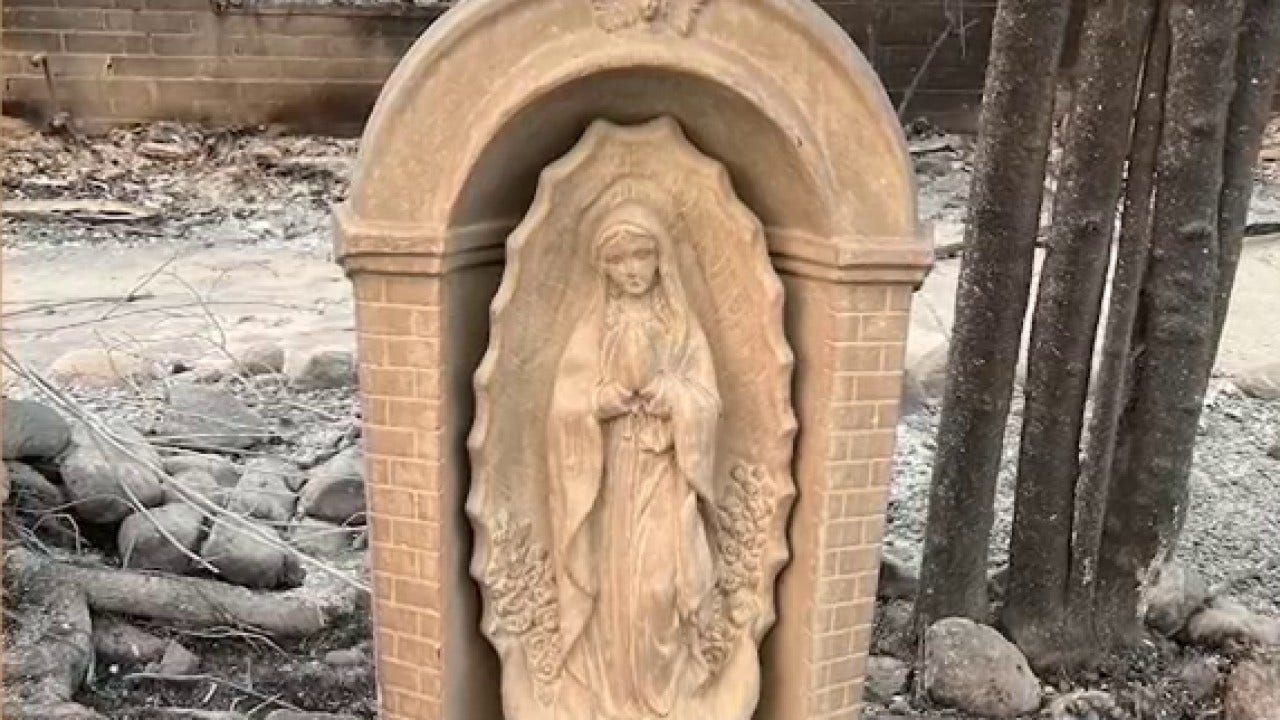Sweet Briar College is an all-women’s liberal arts school located in Sweet Briar, Amherst County, Virginia. It is one of less than three dozen female-only colleges left in the United States, a massive decline from the roughly 250 women’s colleges that were operating in the 1960s. A new policy was just enacted at Sweet Briar this month that is causing quite a stir as the administration seeks to ensure that the student body will only be comprised of female bodies, if you’ll pardon the phrase. The school is banning transgender students beginning this semester, and they are taking a novel approach in how they are doing it in an effort to blunt the lawsuits that will inevitably follow. They are basing the policy on the last will and testament of the school’s founder, who passed away in 1900. Needless to say, the progressives are already up in arms. (Associated Press)
Sweet Briar College in Virginia has instituted an admissions policy that bars transgender women next school year, making the school an outlier among the nation’s diminishing number of women’s colleges.
The private women’s liberal arts school said the policy stems from the legally binding will of its founder, Indiana Fletcher Williams, who died in 1900. Sweet Briar’s leadership said the document requires it to “be a place of ‘girls and young women.’”
The phrase “must be interpreted as it was understood at the time the Will was written,” Sweet Briar’s president and board chair wrote in a letter earlier this month to the college community.
As you would expect, progressives are already protesting this decision, describing it as everything from hateful to transphobic. The school’s faculty quickly held a vote calling to reverse the policy change which passed by a 48-4 margin. The president of the school does not seem inclined to change course, however, or at least not yet. The real question is whether or not the 144-year-old will of the school’s founder will be able to hold up in court given the current social unrest over the topic of transgenderism.
The will of Indiana Fletcher Williams was quite clear in one regard. She wrote that Sweet Briar College was to be “a place of ‘girls and young women.’” That seems clear enough, or at least it certainly must have seemed that way at the dawn of the 20th century. The current president wrote that the will “must be interpreted as it was understood at the time the Will was written.” There obviously weren’t any sane people talking about “gender reassignment” in a serious way in 1900, so that sounds as if it might be a convenient loophole. The policy further requires applicants to ” confirm that her sex assigned at birth is female and that she consistently lives and identifies as a woman.”
But Ms. Williams included some other caveats in her will that make her legacy more “complicated” and could confound the current president’s efforts to enforce her wishes. The will goes on to describe the college as “a place for the education of white girls and young women.” The school had to get permission from a federal judge to accept non-white female applicants after the Civil Rights Act of 1964 was passed. The will also makes no reference to the rights of disabled applicants to attend. Indiana Fletcher Williams was clearly a product of her generation and her principles no doubt sound foreign to many on the progressive left today.
Personally, I think this policy is a bold move that should be saluted, but I’m also not sure how it will impact the school’s fortunes going forward whether the policy remains in place or not. Allowing men pretending to be women to attend is beyond problematic for a number of obvious reasons. Some will argue that they are simply looking for an education, but we all know that the changes never stop there. They will soon want to be using the same bathrooms, locker rooms, and showers as the girls and demand to compete against them on their sports teams. They will want to be housed in the same dormitories and join the same sororities, and we’ve already seen how that’s worked out at other colleges. The lawsuits will be endless.
Perhaps worst of all, this will likely divide not only the faculty, but the student body as well, potentially driving down enrollment. Sweet Briar nearly closed in 2015 because of funding issues and lower enrollment rates, and that was before the entire transgender question was raised. Earlier this year I wrote about the abrupt closure of Wells College in upstate New York, a former women’s school that switched over to allow males to enroll after more than a century of single-sex admissions. They didn’t last very long after that. It would be a shame to see Sweet Briar follow the same downhill path just because they tried to do the right thing.
Read the full article here






![Rand Paul Raises Serious Questions About Federal Aid For Wildfires in California [WATCH] Rand Paul Raises Serious Questions About Federal Aid For Wildfires in California [WATCH]](https://www.rvmnews.com/wp-content/uploads/2024/11/2024.11.15-07.21-rvmnews-67379f4f3d85d.jpg)


![Tim Pool Comes Unglued On the Media, Government Attacks on Tommy Robinson [WATCH] Tim Pool Comes Unglued On the Media, Government Attacks on Tommy Robinson [WATCH]](https://www.rvmnews.com/wp-content/uploads/2025/01/2025.01.12-10.45-rvmnews-67839d6345a1a.jpg)
